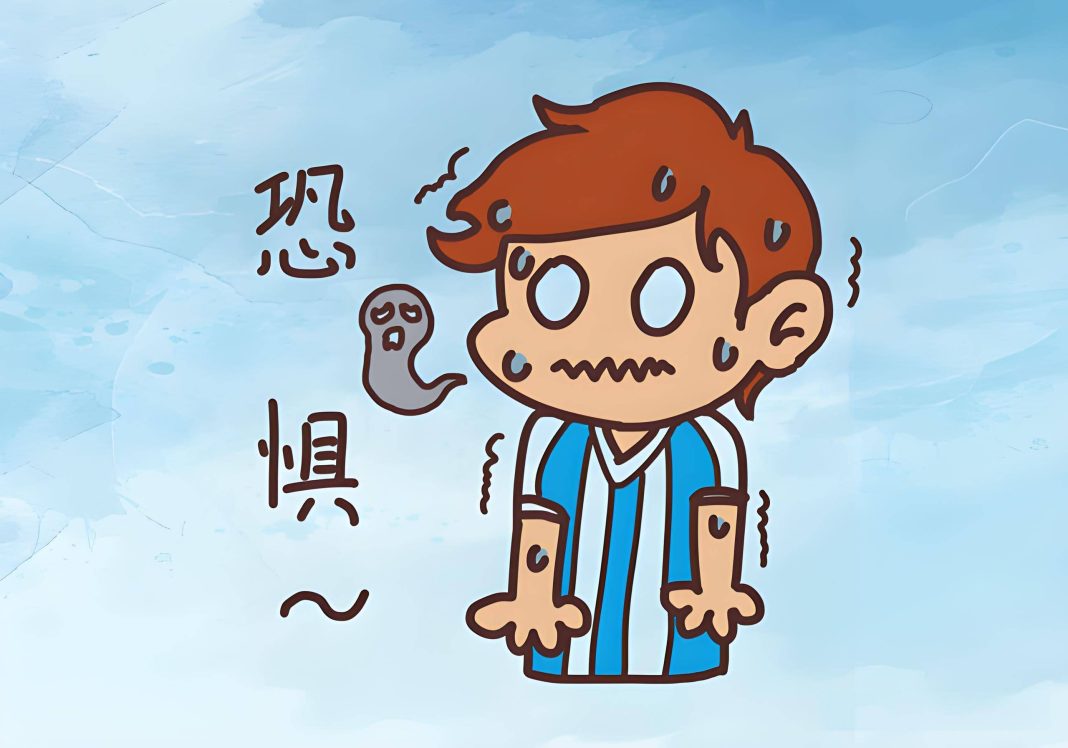Have you ever suddenly felt your heart racing, breathing rapidly, and even felt like you were about to lose control or on the brink of death without any obvious reason? This sudden fear can leave you feeling very confused and helpless. This phenomenon is what we call a panic attack, and if these attacks occur frequently and severely impact your life, you may be experiencing a mental illness known as “panic disorder.”
Panic disorder is not merely a simple anxiety; its roots are often complex, involving various factors such as physiological, psychological, and social environments. So, how does panic disorder occur? This article will unveil this layer of mystery.
Physiological Causes of Panic Disorder
Neurotransmitter Imbalance
The occurrence of panic disorder is often related to the imbalance of certain neurotransmitters in the brain. Neurotransmitters are chemicals in the brain that transmit information between nerve cells, regulating emotions, behaviors, and physiological responses. Research has found that in the brains of individuals with panic disorder, certain neurotransmitters related to emotion regulation, such as norepinephrine, serotonin, and gamma-aminobutyric acid (GABA), may be dysfunctional. These abnormalities can lead to an exaggerated response of the brain to stress and threats, triggering panic attacks.
Genetic Factors
Studies have shown that panic disorder has a certain genetic predisposition. If you have a parent or sibling with panic disorder, your risk of developing this illness increases significantly. Genetic factors may increase an individual’s excessive response to external stress and stimuli by affecting the sensitivity of the nervous system and the balance of neurotransmitters, thus triggering panic attacks.
Physical Illness and Drug Effects
Certain physical diseases, such as hyperthyroidism, heart disease, and respiratory disorders, may increase the risk of developing panic disorder. These conditions can lead to abnormalities in physiological functions, resulting in symptoms similar to panic attacks. Additionally, some medications, such as certain stimulants, steroids, and caffeine, may also precipitate or worsen panic attacks.
Psychological Causes of Panic Disorder
Highly Sensitive Personality Traits
Individuals with panic disorder often possess highly sensitive personality traits. They are usually very sensitive to physical discomfort and may easily misinterpret normal physiological changes, such as a racing heart or rapid breathing, as signs of impending disaster. This excessive focus on and misinterpretation of bodily sensations may lead to the onset of panic attacks.
Stress and Life Events
Major life events or prolonged chronic stress, such as the death of a loved one, marital breakdown, or unemployment, often serve as triggers for panic disorder. These events can increase the individual’s psychological stress, causing emotions to become more unstable, thereby increasing the likelihood of panic attacks.
Anxiety and Fear’s Vicious Cycle
The experience of a panic attack can be terrifying, and many patients develop an intense fear of experiencing another attack after going through one. This “fear of panic attacks” may cause the patient’s anxiety levels to continuously rise, creating a vicious cycle. Whenever patients feel anxious, they pay more attention to their bodily responses, thereby increasing the risk of panic attacks.
Social and Environmental Factors of Panic Disorder
Lack of Social Support
Weak social support systems are an important risk factor for panic disorder. If a person lacks the love of family, support from friends, or feels isolated at work, they may feel more helpless and anxious when faced with stress and challenges, thereby increasing the risk of panic attacks.
Cultural Background and Social Expectations
In certain cultural contexts, individuals may feel immense pressure due to social expectations and role stress. For example, in a society with high expectations for success, individuals may experience intense anxiety and fear if they are unable to meet those expectations, potentially leading to the onset of panic disorder.
Childhood Trauma and Growth Experiences
Childhood experiences of trauma, such as abuse, neglect, or domestic violence, can have profound impacts on an individual’s mental health. Research shows these early adverse experiences make individuals more prone to panic attacks when facing stress in adult life.
Panic disorder is caused by a complex array of factors, involving physiological, psychological, and social dimensions. Understanding these causes can help us better manage…


